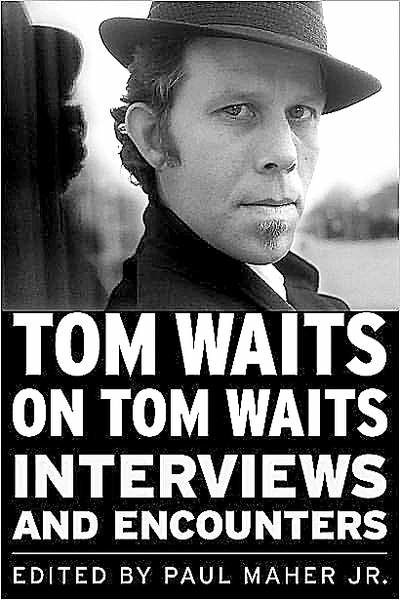Tom Waits opens up in book of interviews
Published 5:00 am Sunday, August 7, 2011

- Tom Waits opens up in book of interviews
“Tom Waits on Tom Waits: Interviews and Encounters” Edited by Paul Maher Jr. (Chicago Review Press, 480 pgs., $19.95)
In “Tom Waits on Tom Waits: Interviews and Encounters,” editor Paul Maher Jr. has compiled more than 50 interviews from singer-songwriter Tom Waits to “illustrate his creative progression through the years.” Maher has organized them chronologically around Waits’ albums, beginning with “Closing Time” (1973).
The public first heard Waits in the ’70s as a boozy singer-songwriter with a gravelly voice and a talent for wordplay, unafraid to share his respect for the rough-edged writer Charles Bukowski and the late Jack Kerouac. With deepening and variations, Waits mined similar musical and personal territory through “Heartattack and Vine” (1980).
Then Waits made changes in his life that resulted in a remarkable second act for his musical career. While working on the film “One From the Heart,” he met and married script editor Kathleen Brennan, who became a regular collaborator. He also moved to Island Records, which welcomed his experimental impulses. His next studio recording, “Swordfishtrombones” (1983), expanded his instrumental palette well beyond the jazz/blues club sounds of his earlier records. Harmonium, calliope, homemade percussion instruments — anything that makes a sound can show up on a Tom Waits song now.
While Waits’ sound has changed, the deeply romantic strain of his early music persists, sometimes aurally distorted, sometimes beautifully stated. Some of his songs would have sounded completely natural and beautiful in the voice of Frank Sinatra, and if you believe what some have said, attempts were made to get Sinatra to sing some of Waits’ music.
While still guarded about his personal life, Waits has opened up thoughtfully in recent years about the music he makes, as in this 2006 interview with Pitchfork’s Amanda Petrusich:
“I mean, people ask me, ‘Do you write music or do you write words?’ But you don’t really, it’s all one thing at its best. Sometimes when you’re making songs you just make sounds, and the sounds slowly mutate and evolve into actual words that have meaning.”
Blessedly, Maher’s book includes a detailed index, essential for a browsable book like this.



